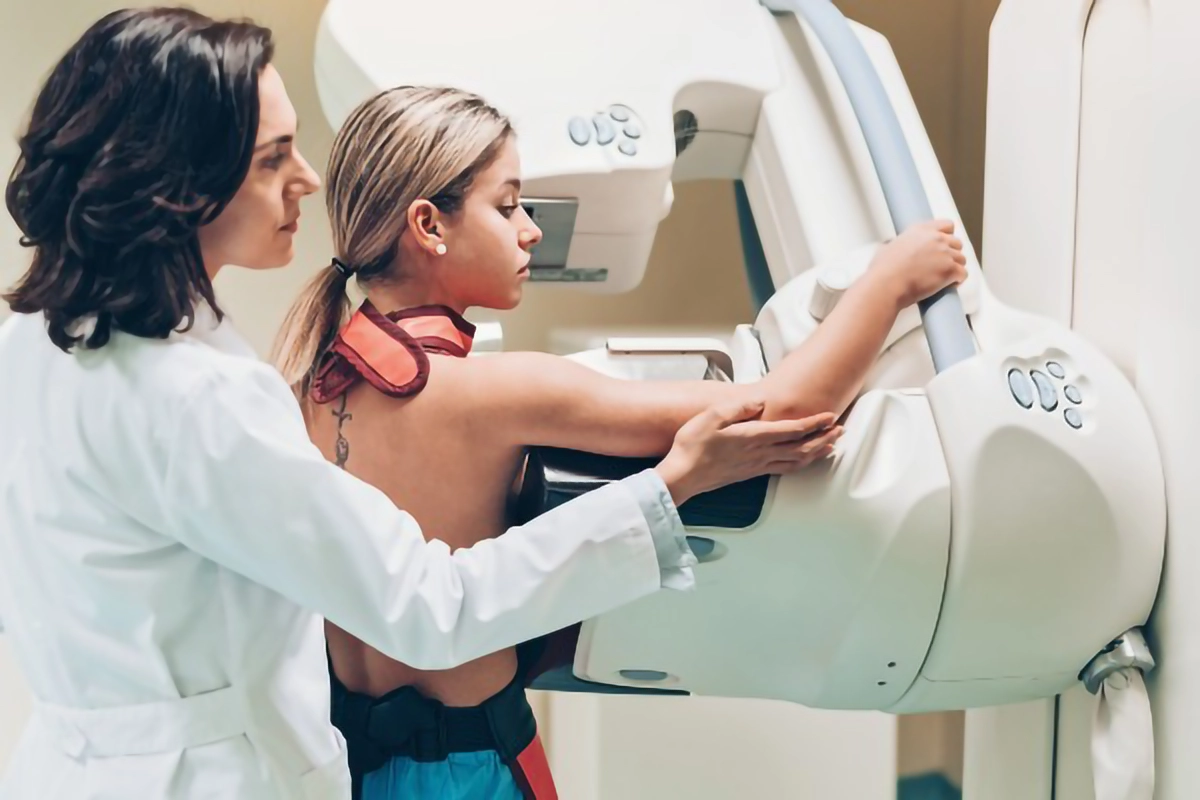We use cookies to help provide you with the best possible online experience.
By using this site, you agree that we may store and access cookies on your device. Cookie policy.
Cookie settings.
Functional Cookies
Functional Cookies are enabled by default at all times so that we can save your preferences for cookie settings and ensure site works and delivers best experience.
3rd Party Cookies
This website uses Google Analytics to collect anonymous information such as the number of visitors to the site, and the most popular pages.
Keeping this cookie enabled helps us to improve our website.
Patient Newsletter: Issue 8
Welcome to our winter newsletter of 2025.
In this issue we shine a spotlight on our paramedic practitioners & clinical pharmacists.
Some of the topics we will cover include dental appointments, breast screening, safe sleep, the independent youth panel and a piece from Dr Burkes on how to train a GP.
Also included is Januarys’ appointment and practice statistics.
Krystle – Paramedic Practitioner
After 12 years working frontline with South East Coast Ambulance Service I felt the time was right for a new challenge. I joined Langley House 3.5 years ago and am very pleased I did. The practice hadn’t had a paramedic before, therefore the journey has been a learning curve for everyone at the practice as we have jointly developed the role. Primary care has allowed me to expand and specialise my knowledge and develop ongoing relationships with patients seeing them through and supporting their treatment rather than leaving them at A&E without knowing the outcome.
All of the doctors have been very supportive with my education and since joining I have undertaken a number of courses including a minor illness course, a Postgraduate Certificate in First Contact Practitioner and another Postgraduate certificate in non-medical Prescribing which allows me to independently prescribe for patients.
There are now 2 Paramedic Practitioners at Langley House as Sian joined shortly after myself. Our role is to support the Duty GP on a day to day basis mainly focusing on acute problems however we also undertake our own follow ups, home visits, assist with winter vaccinations, clinical audits and projects. My personal areas of interest include urology, mental health and elderly medicine.
I grew up in Surrey but we have gradually moved further South and love living in this area. I am Mum to a teenager and 2 younger children all at different local schools. Most of my spare time outside of work is taken up with ferrying them to various clubs and gymnastics competitions but when I get the chance I love walks in the countryside and along the seafront, good food and travelling.
Laura – Pharmacist Technician
My name is Laura and I am a Pharmacy Technician. I joined Langley House in April last year to support the practice pharmacist, Kelvin, in providing support to patients in managing their medication. Previous to this role I spent 10 years working for St Richard’s Hospital pharmacy, which is where I completed my initial qualification. I have always enjoyed speaking to patients and offering support and it has been lovely moving to Langley house and getting to know our patients.
Lots of people take medications for lots of different reasons and myself and the pharmacist work together to help ensure that all our patients feel able to manage
their conditions at home by offering any support and advice with medication that might be needed. Some medications need regular reviews and checks, sometimes alterations might be needed to get the correct dose, sometimes a medication doesn’t suit and an alternative might need to be found, or sometimes a medication is unavailable. Medications can also be changed following hospital admissions or consultant appointments and so we also update repeat prescriptions and ensure any follow ups are arranged as needed. Kelvin also specialises in hypertension and runs a blood pressure clinic, advising patients on managing their blood pressure and making changes to blood pressure medications as needed. Our aim is to be a point of contact for patients and to offer patients the opportunity to discuss anything which might help them to feel more in control of managing their medication. We can also refer patients to other members of our team if they need further support, this might be one of our GPs or our specialist nurses. We are very lucky to work with a lovely team of people and there is always someone that we can refer to if additional support or advice is needed.
The role is very varied and I have found it to be a huge learning curve which I have really enjoyed. Hopefully this has given you a bit of an insight into what the pharmacy team do at the surgery!
January Practice Statistics
From March we started analysing our practice activity date to share with our patients and identify any areas of improvement. This data is on display in our reception areas.
- Telephone appointments completed- 1,295
- Face to face appointments completed- 2,114
- Incoming calls- 9,236
- Average call wait times- 4 minutes 40 seconds
- Appointments not attended- 169
- Wasted hours from appointments not attended- 39.75
- Online consultations processed by reception- 500
- Incoming documents processed by secretaries- 4,404
- Prescriptions processed- 11,569


Breast Cancer Screening
Cancer screening involves testing apparently healthy people for early signs of cancer.
Breast screening uses a test called mammography which involves taking x-rays of the breasts. Screening can help to find breast cancers early when they are too small to see or feel. These cancers are usually easier to treat than larger ones.
Overall, the breast screening programme finds cancer in around 9 out of every 1,000 women having screening.
The NHS Breast Screening Programme invites all women from the age of 50 to 70 registered with a GP for screening every 3 years. This means that some people may not have their first screening mammogram until they are 52 or 53 years.
If you have been invited and not attended you can contact the breast screening service directly to make an appointment;
- Under 65; 01903 239757
- Over 65; 01903 205111
Reaching Families – Funding Renewed
Littlehampton based charity Reaching Families runs the ND Navigation Service to provide information, advice, signposting, training and telephone support to parent-carers of children in West Sussex who are awaiting or undergoing assessment for ADHD, autism and other neuro-divergent conditions.
The project was piloted during 2024 and supported more than 450 families in its first year. It success means it has now received £98,500 from NHS Sussex to assure its future until 2026.
Founded by parent-carers, Reaching Families provides a range of services to families of children with SEND (special educational needs and disabilities) including a popular handbook, training workshops, benefits advice service, befriending service and multiple support groups.
At the surgery, we give follow the NHS immunisation schedule. Apart from the childhood immunisations, we also offer the following:
Safer Sleep Week 10th-16th March 2025
We know that greater awareness of safer sleep leads to a decrease in the numbers of babies dying. Sadly around 3 babies a week still die from SIDS. 10th-16th March is safer sleep week. Please visit The Lullaby Trust for guidance on safe sleep, some of the key information can be found below.
The safest place for a baby to sleep is in their own clear, flat, separate sleep space (e.g. a cot or Moses basket) in the same room as you.
- Lie baby on their back
- Keep the cot clear
- Use a firm, flat, waterproof mattress
- Keep baby smoke-free
- Avoid baby getting too hot
- Sleep baby in the same room as you for at least the first 6 months.
Overheating can increase the risk of SIDS. Therefore, using lightweight layers is a key step in providing safer sleep for babies. This means no duvets, quilts or weighted blankets, etc. Using lightweight bedding will allow you to easily take a layer off if your baby becomes too hot.
Any surface that has raised or cushioned areas is not suitable for a baby to sleep on (even if it is sold in a well-known store). Instead, choose a mattress that is completely flat, and is firm enough that baby’s head can only sink in by a few millimeters.
Since safer sleep messages were introduced with the “Back to Sleep” campaign of the early 1990s, rates of SIDS have fallen dramatically
Safer sleep for babies: a guide for parents
Independent Youth Panel
NHS Sussex has worked with a group of young people to create a new online health and care feedback platform for those living in Sussex aged between 13 – 24 years. The Independent Youth Panel is an online space where young people can access surveys, polls and information, as well as share their own questions and ideas. There aren’t any meetings or time requirements – members can do as much or as little as they like and can participate in whatever interests them, in their own time.
The panel, created in partnership with Healthwatch, launched on 20 January 2025 and is now looking for new members.

How to Train a GP – Dr Matt Burkes
One thing that politicians of all parties seem to be able to agree in is that there is not enough GPs in the UK and we need to increase their numbers. This is quite correct – the number of appointments and demand for primary care increases year on year and the workforce of the future needs to be planned for and trained today.
It’s worth noting that the road to becoming a GP is a long one – it takes a minimum of 10 years full-time training to produce a fully qualified GP.
The quickest route is shown here:
- Medical School: 5 years
- Foundation Programme: 2 years
- GP Specialist Training (GPST): 3 years
At every step of the way, competence has to be demonstrated by successfully completing written and practical exams and a myriad of workplace-based assessments in order to progress.
The trainee works in multiple settings across their training – both in hospital and the community to accrue experience in as many fields of medicine as possible.
The final GPST3 (also known as ‘Registrar’) year is solely in primary care at a single practice and involves multiple rigorous assessments that must be passed to gain Membership of the Royal College of GPs (MRCGP) which is required to practice independently as a GP.
As you probably know, Langley House is a training practice. For decades we have been involved in training the next generation of general practitioners. We provide placements for medical students to give them early exposure to general practice
from the earliest days of their training. We also host Foundation Programme doctors for four month rotations, hoping to tempt them into GP Specialist Training! And we host all years of Specialist Trainees, typically having one or two GPST3 registrars at any time.
All trainees are closely supervised and supported at all times and all patients they see are discussed with their trainer.
There are multiple benefits to our being involved in training including our being able to offer increased numbers of appointments to our patients due to having extra doctors in the practice. However, at a time of doctor shortages, one of the key benefits of being a training practice is ‘talent spotting’ promising new trainees with an eye to future employment when they qualify. Indeed many of the GPs at Langley House were once trainees here themselves – Dr Lane, Dr McClosky, Dr Subramanian, Dr McGlone and Dr Davis were all trainees at the practice.
Perhaps you remember seeing them when they were training?
Urgent Dental Appointments
More help for people needing urgent dental support is being made available in Sussex.
The NHS in Sussex is expanding access to urgent dental care appointments following the success of a pilot programme which was tested in high-street dentists in Sussex.
The initiative, designed to improve access to urgent dental services for people without a regular dentist and vulnerable patient groups, is already making a positive impact across the area.
The programme not only provides same-day urgent care appointments but also offers courses of treatment to stabilise oral health, reducing the need for recurring visits. This approach is helping to alleviate demand on A&E departments, GP practices, and pharmacies, where many people with dental problems previously sought help.
Patients in need of urgent dental care who do not have a regular dentist can access the service by calling the Sussex Dental Helpline on 0300 123 1663 or emailing kcht.dentalhelpdesk@nhs.net.
The Helpline team has the latest information on the availability of NHS dental services and any additional capacity being provided, including urgent care appointments and can book patients into appointment slots directly.
Ideas for our next newsletter
Published: Feb 24, 2025
